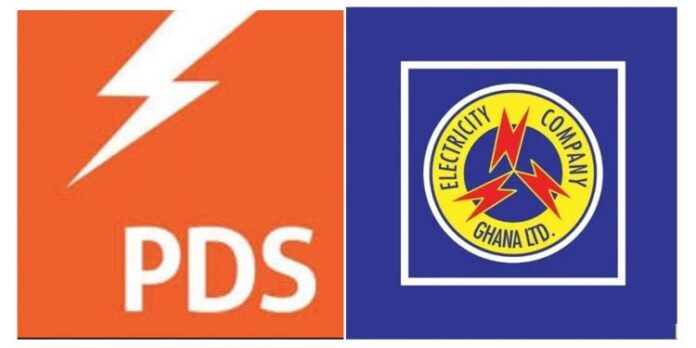The Electricity Company of Ghana (ECG) has recorded a landmark legal victory in London after an international arbitration tribunal dismissed all $390 million claims brought against it by Power Distribution Services Ghana Limited (PDS).
The tribunal’s decision, delivered after nearly three years of proceedings, ends a high-stakes dispute over the controversial termination of the PDS concession agreement — once hailed as a major reform initiative for Ghana’s power sector.
In 2019, PDS assumed control of ECG’s operations under a 20-year concession agreement, part of the Millennium Challenge Compact (MCC) between Ghana and the Millennium Challenge Corporation (MCC) of the United States.
Also read: Rising galamsey deaths a national tragedy – Hon. Akwasi Konadu warns in Parliament
The partnership aimed to inject private-sector efficiency into ECG’s management and improve electricity distribution nationwide. However, within months, the government suspended and later terminated the contract after discovering that PDS’s payment guarantees were fraudulent.
Investigations revealed that Al Koot Insurance and Reinsurance Company of Qatar, the supposed guarantor, had not authorised the guarantees. Multiple rulings, including one from Qatar’s Court of Cassation, later confirmed the documents were indeed forged.
Following the termination, PDS filed for arbitration in London, alleging wrongful termination. The company sought: US$39.4 million in direct costs and US$351.5 million in alleged lost profits
Represented by Omnia Strategy LLP, led by Cherie Blair KC, ECG strongly defended its position, insisting the termination was justified in the national interest. ECG maintained that PDS failed to verify the authenticity of its financial guarantees—an oversight that went to the core of the agreement.
After years of submissions and hearings, the London-seated tribunal dismissed PDS’s case entirely, ruling in ECG’s favour. The panel held that the fraudulent guarantees undermined the foundation of the concession and justified its termination.
The verdict represents a major win for ECG and the Government of Ghana, saving the state from potential liabilities of nearly $390 million. It also closes a contentious chapter in Ghana’s energy sector history and reinforces the state’s commitment to protecting public resources and ensuring contractual accountability.
With this victory, ECG can now refocus on improving power supply reliability and driving reforms to enhance service delivery for Ghanaians.


